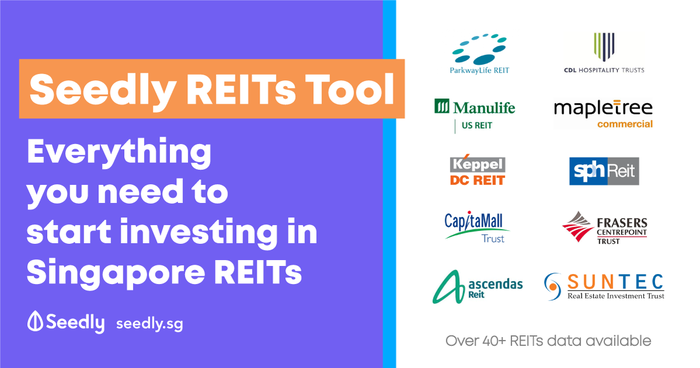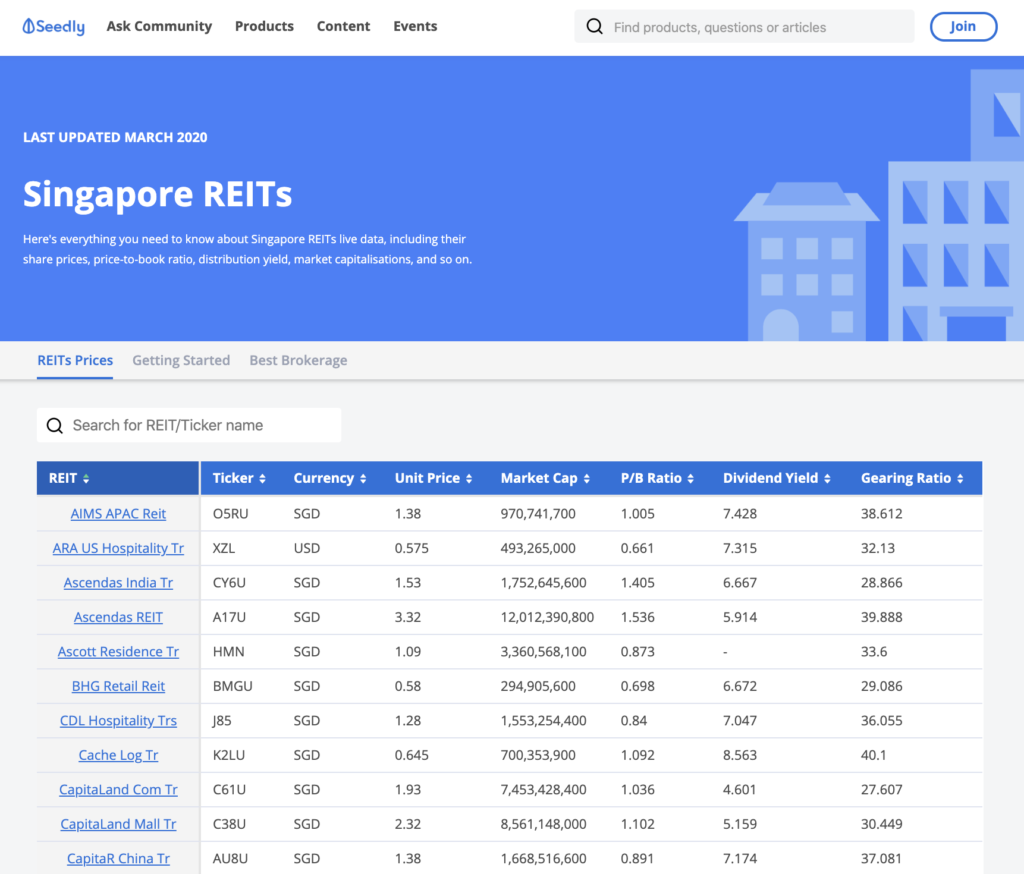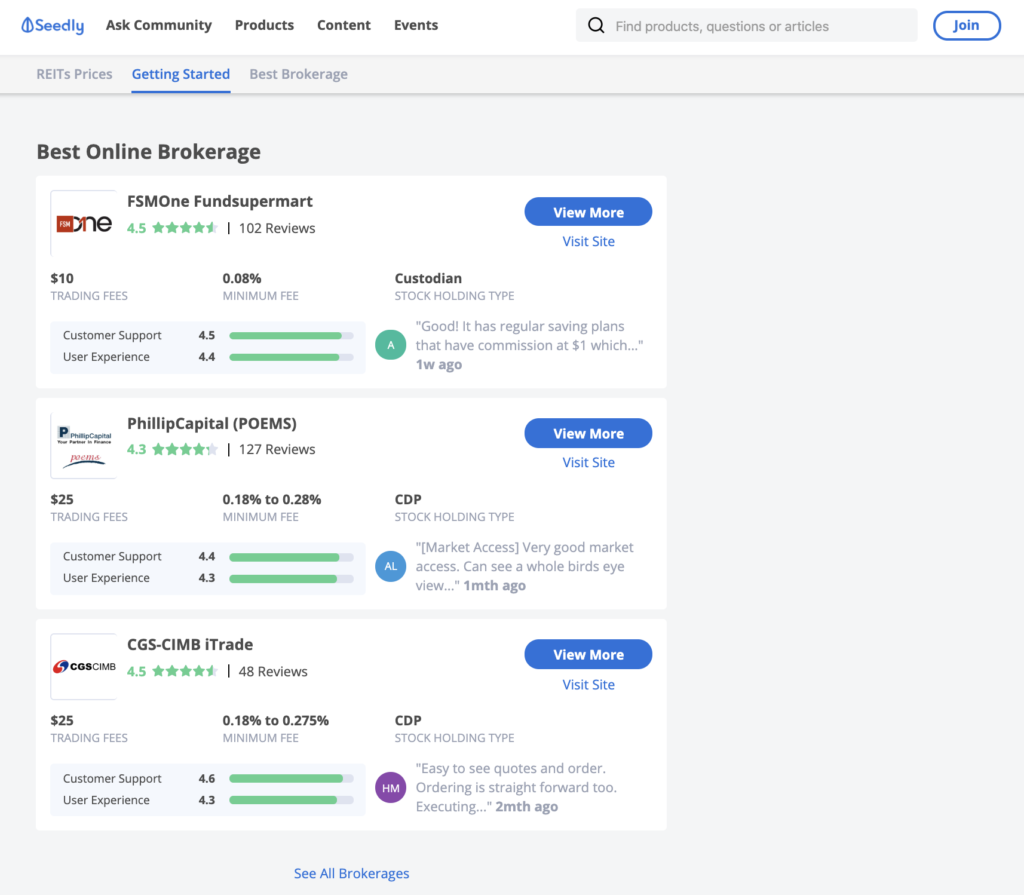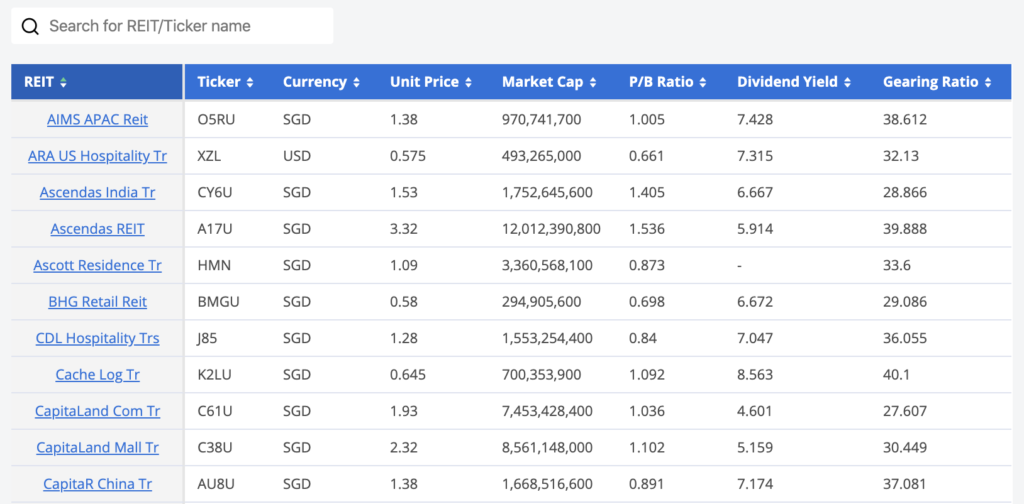Simply put, bonds are a type of fixed-income investment that results in an investor lending money to the bond issuer in exchange for interest payments. The cash you inject into these funds will be invested in a variety of assets, for example property or shares.
You will received steady interest income with a potentially higher yield compared to the interest from a savings account.
However, the amount you get back isn’t guaranteed and depends on how successful (or not) the investments have been. The value of your investment can fluctuate greatly – you may either see a huge return on investment or you may lose money. This means there is a financial risk involved as there is a possibility you’ll get back less than you invested in the first place.
How do they work?
If you want to invest in bonds, you will require a lump sum – and some bonds require a minimum cash amount. Most people that invest in bonds will use a qualified professional or investment company who will explain the different funds available for you to invest in. As explained above, there is usually no minimum term length, so a lump sum will be paid to you either on death or when you request to withdraw money from your bond. It’s worth noting that if you wish to withdraw early on, you may have to pay a penalty charge.
What are the pros and cons of buying bonds?
Here are just a few of the pros and cons of investment bonds.
Pros
- You may see the money you invested grow, meaning you get back more than you put in
- Certain investment bonds have conditions that you won’t get back less than you invested
- As bonds are a type of life insurance, certain policies may pay out a lump sum higher than the value of the bond if you die
- Usually, you can withdraw cash from your bond each year up to a set limit
- They can be an effective way to save long-term
Cons
- The value of your investment may go down, meaning you get back less than you put in
- You may face penalty charges if you want to withdraw money early on
- This means your money will be tied up for several years
- You may also have to pay charges when setting up the bond
There are many other pros and cons associated with investment bonds. Fully understanding the associated risks before investing is essential – as bonds are not suitable for all investors. It’s important to seek advice from a financial professional before making any type of investment.















